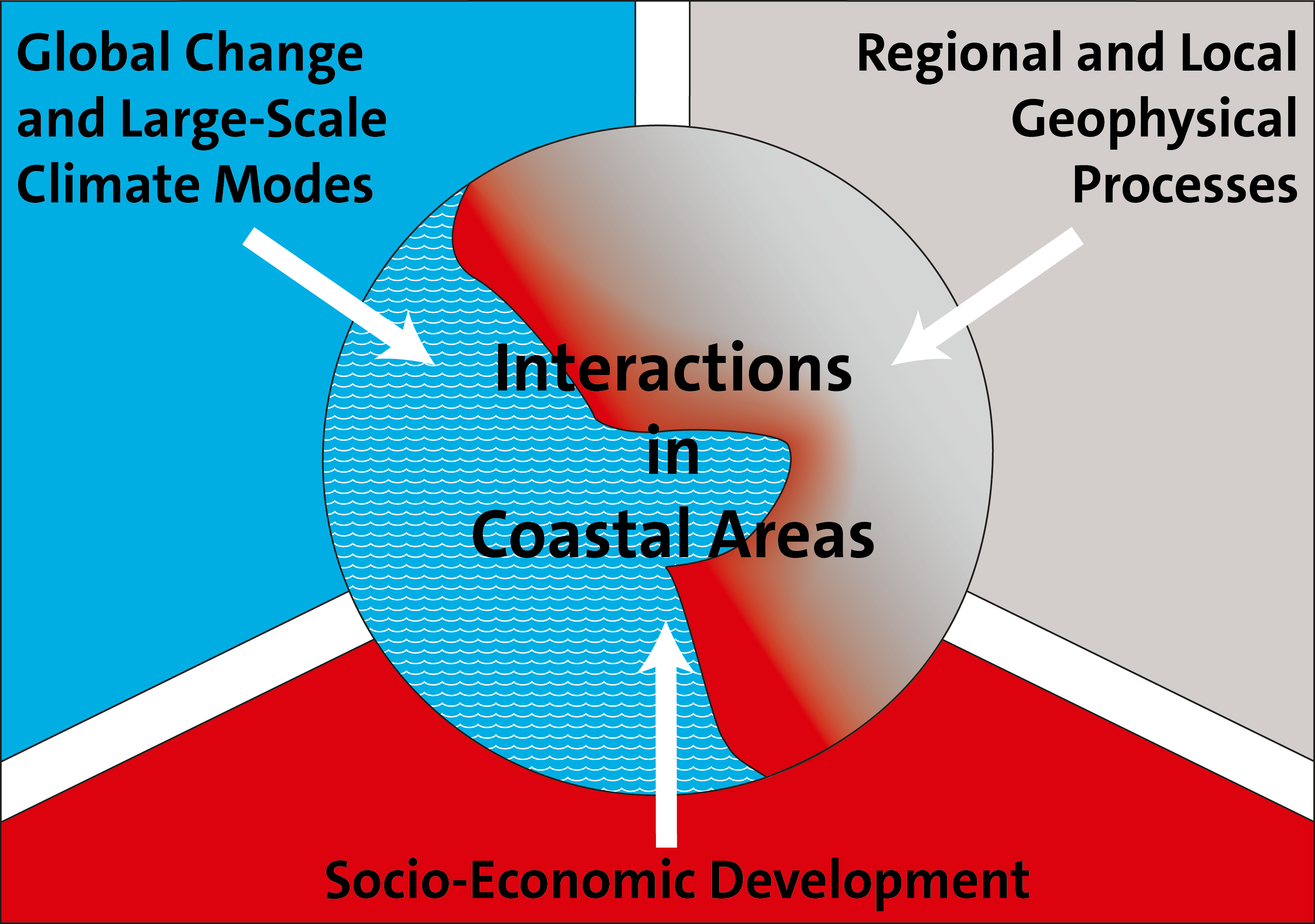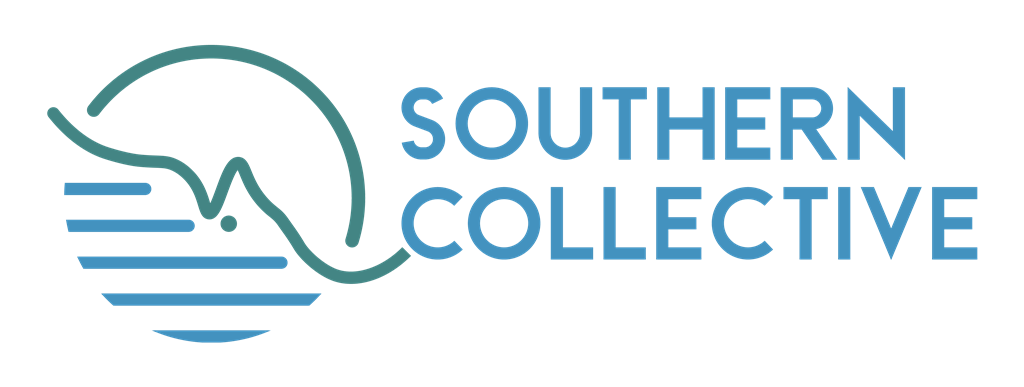Co-learning
BlueUrban is a multi-sited collaborative research partnership. Our 6 partner institutions span Indonesia, Germany, the Philippines and Singapore, with an interdisciplinary research team comprising human geography, environmental anthropology, urban planning, law and economics, psychology, and knowledge sociology.
Our research ethics and praxis are shaped by evolving ideas in collaborative ethnography (May et al., 2000; Lassiter, 2005; Clerke and Hopwood, 2014). We are interested in engaging with how cooperative practices (and the co-production of diverse kinds of littoral knowledge) can be centred in every step of the research encounter (i.e. project design, ethics, outreach, teaching and embodied learning, co-interpretation, writing accessibly, while sharing insights beyond academia through public-facing modes that are more-than-textual.
Our broad range of interests have been integrated in ways that reflect the team’s diverse disciplinary and professional backgrounds.Our conceptual approaches are inspired by grounded theory, assemblage thinking, postdevelopment and decolonial perspectives, mobile research, and non-representational methods. In this second phase, we envisage to more consciously weave in multi-modal approaches favouring the audio-visual, drawing from older practices in visual ethnography, among others.
Regular co-learning micro-workshops (often hybrid) are regularly planned and archived. This space enables consortium members to co-share each others methodological techniques and conceptual approaches, while collaborating on sub-projects.
Kick-off Workshop 1: ‘Fieldwork’ in Practice: Rethinking Ethnographic Research – June 2022 (Jakarta / UI Salemba Campus)
We engage with questions around immersive fieldwork, participant observation, and a host of ethical dilemmas in ethnographic practice. The two-day workshop also focuses on the paradoxes and limits of “being-in-the-field” together with a critical overview on current debates underlying imperial, extractivist research encounters, practices, and structures. Research itself then (as endeavour and encounter) is problematized as a world-making practice. Participants are encouraged to reflect on their own assumptions and biases regarding what fieldwork is and how the “field” is imagined and enacted, putting in conversation critical debates around knowledge-seeking and co-production. In particular, this primer favours more phenomenological and grounded theory outlooks to approaching fieldwork – as merely one mode of sensing and meaning-making, being, and interacting. Particular attention is lent to current pandemic realities, and how relational encounters continue to transform everyday littoral realities. (Facilitator: R. Siriwardane-de Zoysa).
OUTLINE ⇩ SLIDES – DAY 1 ⇩ SLIDES – DAY 2 ⇩
Micro-workshop 2: Transcribing Qualitative Interviews – September 2022 (virtual/zoom)
This micro-workshop brings together our Jakarta-based BlueUrban research team in discussing the various techniques and merits of preparing and transcribing qualitative interviews as audio files. Over the coming month and a half, the team will be working on transcribing fieldwork interview data (as voice clips) gleaned during urban fieldwork in Jakarta and Semarang in June 2021.Participants are encouraged to share their ownin initiating an ongoing discussion on our collective transcription process. The micro-workshop (MSW) also offers real-life examples and hands-on experience where possible, given the fact that ´transcription´ as an activity that is is so integral to qualitative research practice has barely achieved the same scholarly attention as data analyses for example. (Facilitator: R. Siriwardane-de Zoysa).
OUTLINE ⇩ SLIDES ⇩
Grounded Theory Coding MSWs 3 & 4 – September, 2022 (virtual)
Based on grounded theory, these two consecutive workshops provide a practical approach in engaging with raw transcribed qualitative data. Diverse coding practices, their underlying patterns and practices are explored in ways that are hands-on. Co-readings over various texts are explored and participants get to share their particular techniques and rationales on interpreting and reading into these interview pieces. (Facilitator: J. Herbeck).
MSW 5: Research as Storytelling – October, 2022 (virtual)
A story is different. It does not expend itself. It preserves and concentrates its strength and is capable of releasing it even after a long time – Water Benjamin
Stories have always been central in the construction of meaning in everyday life. But what does it mean to perceive storytelling as research, while envisioning the research process as a mode of storytelling? In this introductory session, we explore differences between storytelling and other types of content analysis, while critically reflecting on diverse ways of embodying, co-producing and carrying/relaying stories. In particular we ask: whose stories, and what stories appear to be conventionally mattered and why? How have modes and practices of storytelling worked as a subversive and transgressive mode of contesting existing hierarchies and power relations, and with what limits? Practices such as auto-ethnography and story collaging are explored. We will also briefly explore aspects of visual storytelling (https://www.methodspace.com/imagining-forward-visual-storytelling-to-make-research-accessible-for-practice/) as a primer for the forthcoming multimedia / multimodal 5-day course. (Facilitator: R. Siriwardane-de Zoysa). Other resources – check out Method Space.
OUTLINE ⇩ SLIDES ⇩
MSW 6: Storymaps as method & Introduction to Visual Ethnography – November, 2022 (virtual)
From the earliest forms of maps to pictorial narrative mapping and narrative cartography (as method), maps exist as more than social artefacts. Indeed, the very acts and arts of mapping embody forms of storytelling, not only of place, space, sojourn and historic change, but also of social belonging and boundary-making, and of territorialisation, power and control. This module looks at digital storymapping as a means of piecing together the disparate and of grappling with contradictions; and ‘story completion’ (using stems and cues) as method for potentially difficult topics, together with transect walking as a mobile practice augmenting these efforts. (Facilitator: R. Siriwardane-de Zoysa).
Further material for breakout sessions (Waterworlds, Patan – Nepal) and other examples from the ArcGis storymapping initiative.
Audio/Visual Multimodal Course (Photography & Pocket-filmmaking)- November – December, 2022 (Hybrid – UI Salemba Campus and virtual)
Spanning one month, this field-oriented training takes the form of a practical photography and filmmaking workshop for multimodal research. In part, the course will also be inspired by visual ethnographic approaches.The workshop pays particular attention to media and documentary production on a shoestring budget, exploring notions and practices around ‘pocket filmmaking’, ‘guerrilla filmmaking’ and more. It will also bring into its ambit aspects such as basic composition and framing techniques, empathy-based storytelling, the ethics of representation, and open-source footage editing.The workshop will be adequately paced in order to have participants experiment on their own or within smaller groups with the hope of integrating different techniques, styles and formats that interest them. (Facilitator:Hilman Arioaji, U-Inspire).
MSW 7: Writeshop / Ethnographic journaling & experimental writing – November, 2022 (virtual)
Fieldwork notes, logs, diaries and journals have historically and extensively used by anthropologists, sociologists and human geographers, for a variety of reasons. Yet, their form, substance and content have often been overlooked as a means of gleaning insights and for analysis. This session combines auto-ethnography, a methodological revival in anthropology and cultural geography. Despite its renewed traction, it remains an older practice (Heider, 1975; Roth, 2005) that inevitably finds itself in a process of reinvention. This session puts journaling (as tool and as reflexive art) in conversation with some of the theoretical, embodied, ethical aspects auto-ethnographic practice. We will also revisit the significance of auto-ethnographic practice as a mobile approach/method. In part organised as a one-month writeshop, members are encouraged to experiment with diverse styles that are shared with participants choosing to submit a piece to a current anthology on eco-writing that is in compilation (University Hawaii Press). (Facilitator: R. Siriwardane-de Zoysa).
Partners

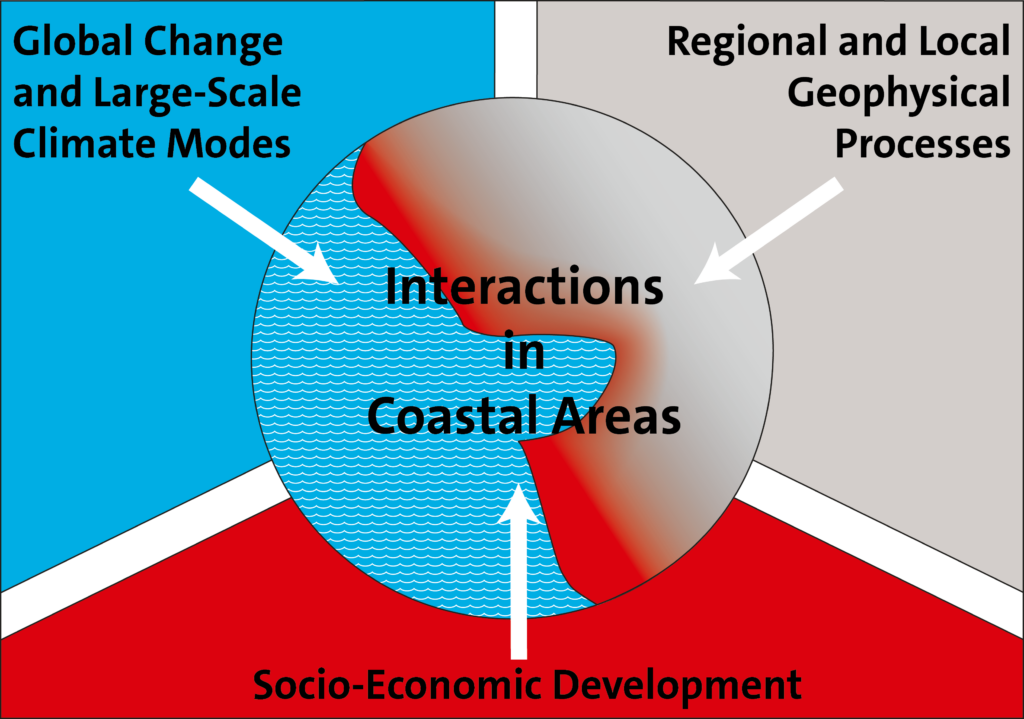

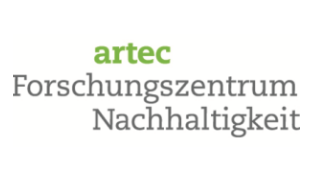
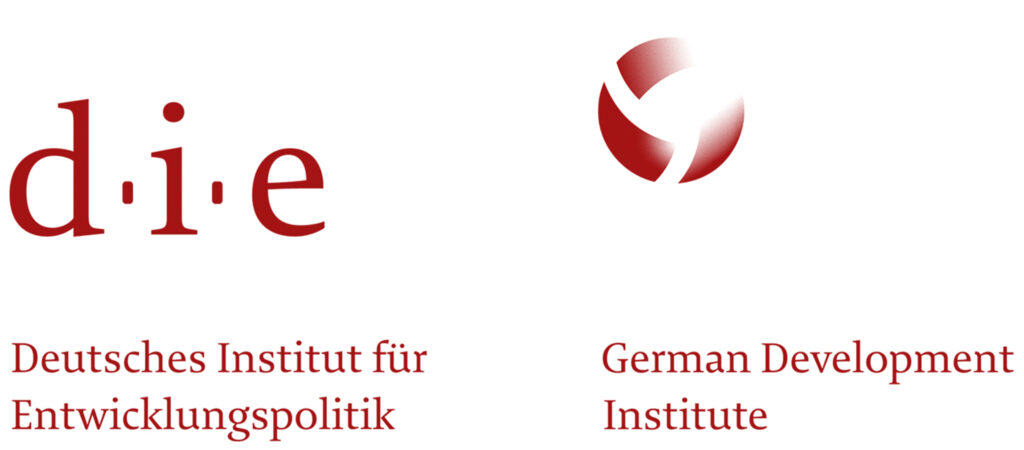
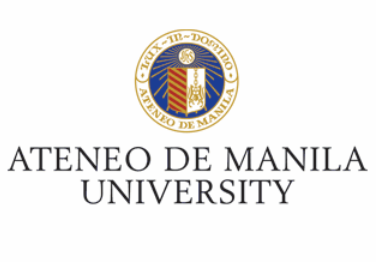
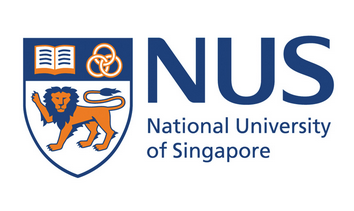
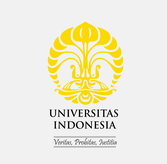
Photo credits: Kampung Akuarium, A-K. Hornidge ©

